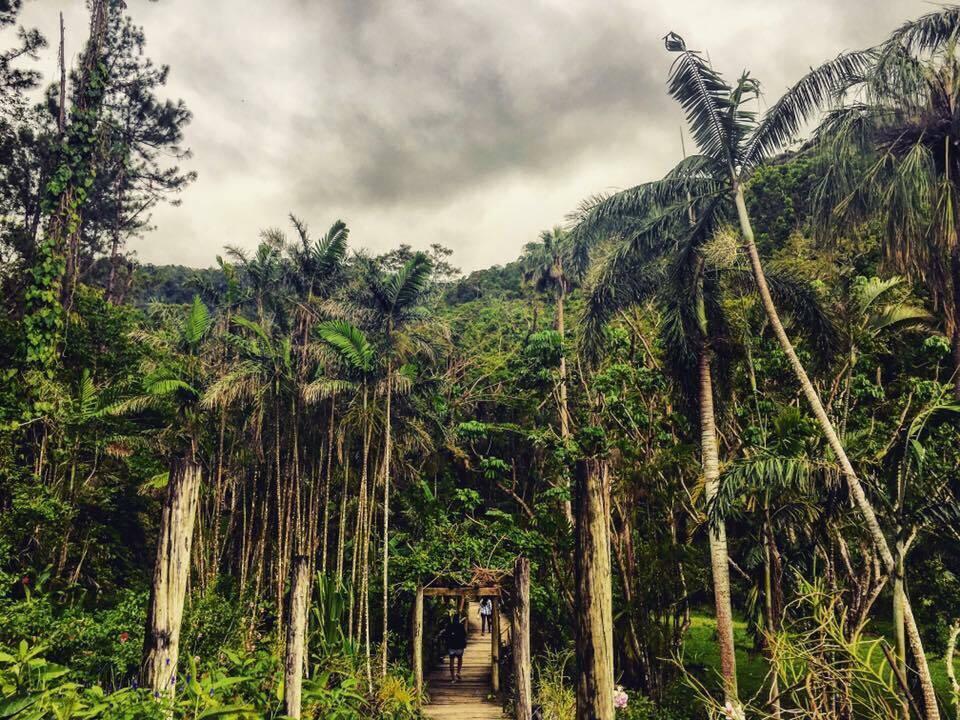
Unprecedented New Species Discovered in Fiji
Flinders University, in partnership with the University of South Australia, the University of the South Pacific and the South Australian Museum has announced the recent discovery of an abundance of new species in Fiji's highlands.
The unexpected terrestrial biodiversity was uncovered thanks to three years of federal funding on behalf of the New Colombo Plan. Prior to the projects commencement in 2016, Fiji was known to have just three native bee species. The April 2018 research excursion indicates that more than 20 species actually inhabit the island's remote highlands.
Student Cale Mathews suggested that these discoveries may just be the tip of the iceberg. "Every time we go back, we uncover more species and we are continually surprised by the extent of Fiji's bee diversity," Ms. Mathews said.
Ben Parslow, one of few students to climb Mount Tomanivi, Fiji's highest mountain, expressed the difficulty of accessing and collecting data in these isolated areas.
"Field work in these remote highland regions is very physically demanding, so recognising a very small but unique species after all the climbing requires some special skills," said Mr Parslow.
"I knew as soon as I saw the specimen that it was a species of Gasteruption. I was extremely excited as I am currently researching the genus in Australia and the Fiji specimen was very different to the Australian fauna. This wasp is the first representative of the genus Gasteruption to be discovered in Fiji and is a distinctive new species."
Interestingly, the new studies suggest that humans may have had a far greater impact on the native species and their landscape than previously thought.
"When we look at species today, we need to be mindful that what we see is not only the product of ancient evolution, but also human influences that have changed ecosystems over the past few thousand years," Associate Professor Michael Schwarz said.
Thanks to the colonisation of Fiji 3000 years ago by the Lapita people, controlled burnings and agricultural activity opened up the Fiji lowlands to effectively increase the native bees nesting habitat.
(17th May 2018)
